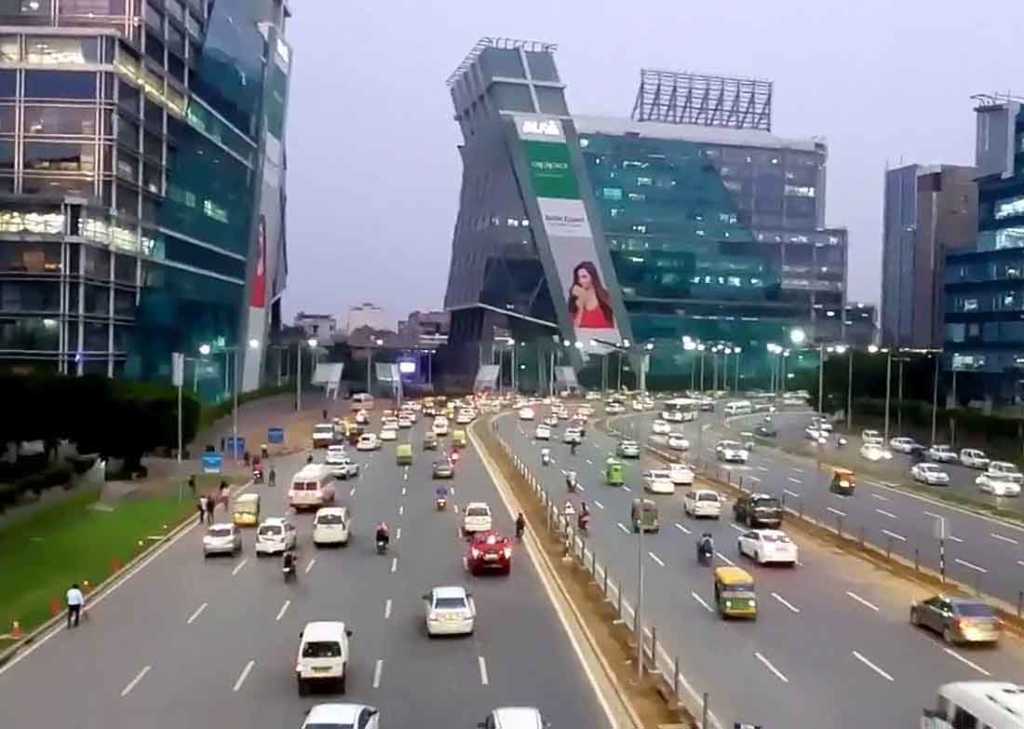The story of cities is not told in interesting ways in our history books. The ‘utopia’ of Gram Swaraj did not let people and policymakers to embrace cities and solve their problems. However, since post economic liberalization period, the story of cities has really begun in the country. In the upcoming decades, many cities will rise to prominence and many would fall. If we look at history as urban creatures, human civilization is all about urbanization and de-urbanization. Whenever human progress moved in forward way, cities rose to prominence. Be it Indus Valley civilization or the great Gupta Empire period which is considered golden age of India, urbanization was of one of central themes in all these great civilizations.
Gurugram represents interesting rise of city in post-liberalization period. The story of Gurugram starts in mid eighties when India slowly started liberalizing its economy and international companies were coming in to explore the market. One such company was Maruti-Suzuki which was looking for land near Delhi to set up its factory. Gurugram was a village that time and was struggling to establish itself as small town. The proximity to Delhi and Airport, favorable land acquisition policies in the state were factors which compelled Maruti-Suzuki to choose Gurugram for its factory location. Thus started the story of Gurugram, its story began with growth story of India, although it surpassed Indian growth story in many ways.
In post-liberalization period, most multinational companies came to India and were looking for destinations to set-up office. The land scarcity in Delhi and high real estate prices compelled them to look for a sub-urban neighborhood which could offer land at cheap prices and without bureaucratic interference. Gurugram came out as perfect destination for them. Therefore thousands of Information Technology (IT) and Business Process Outsourcing (BPO) companies set up their office spaces there. The story of DLF (Delhi Land & Finance) Limited goes parallel to that of Gurugram. It was established and run by Jats at that time. Most of the land of Gurugram was owned by Jat farmers as agricultural land and only a few people from their own community could convince them to sell land. Therefore, DLF acquired land and build commercial spaces for companies, making it one of the largest commercial real estate developers in the world. The exponential rise of DLF made its owner, Kushal Pal Singh Tewatia, a billionaire in less than two decades.
Well educated professionals moved to the city to work in multinational companies which offered them hefty salary. The population of Gurugram doubled in 2001 to 2011, rising from 8.7 lakhs to 15 lakhs. However, despite collection of large chunk of state taxes from the city, Haryana government did not spend money to provide public amenities to the city. Educated professionals themselves stepped in to fill the role of government in building proper sewage system, providing clean drinking water. But private organization or bodies had their own limitations in providing public amenities therefore the condition of public infrastructure, clean drinking water, and sewage system never improved in the city. Lack of public infrastructure led to excessive clustering of businesses and people to few areas where services were better.
But now companies want to move to other areas due to high prices of land and lack of public infrastructure. Maruti-Suzuki has announced that it will move out of Gurugram. The story of Gurugram started with coming of Maruti-Suzuki to the ‘village’. Now departure of the Maruti-Suzuki company could signify the decline of Gurugram in ‘Detroit’ way. The rise of American automobile industry goes along with the rise of the city on US-Canada border and as the automobile industry declined, the city became prime example of ‘urban decay’. Municipality of city has gone bankrupt and crime rates in the city are among highest in United States. New York City faced same situation when the shipping industry found a new base in north of the city. But it revived itself by shifting to banking and finance industry. Now the question is whether Gurugram would decline in fashion of Detroit or it will revive itself by focusing on IT, BPO and other service sector led skill intensive industries.
